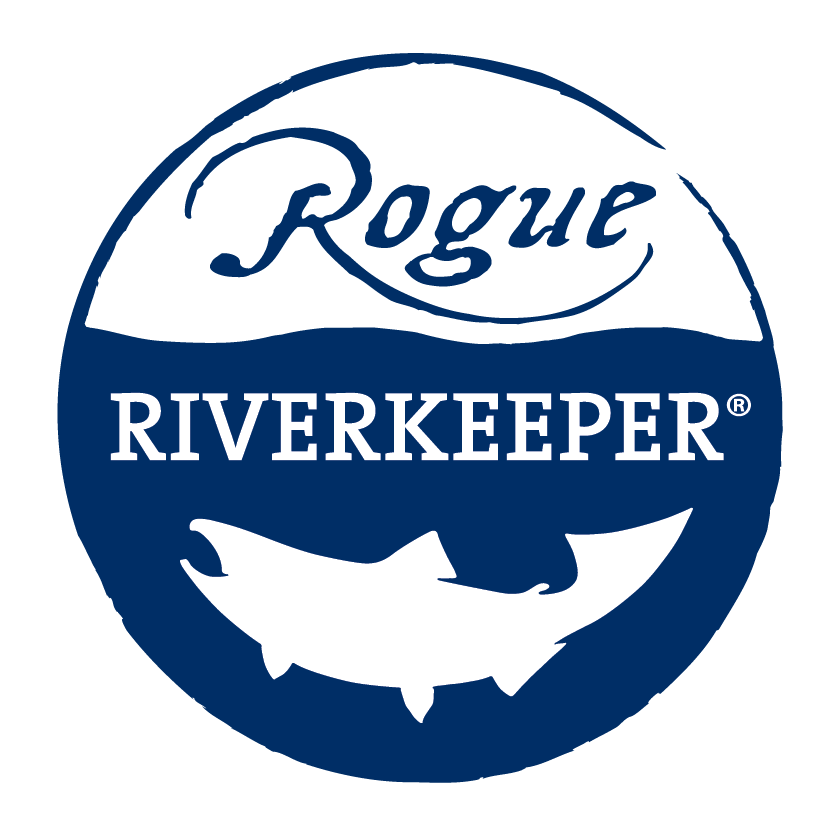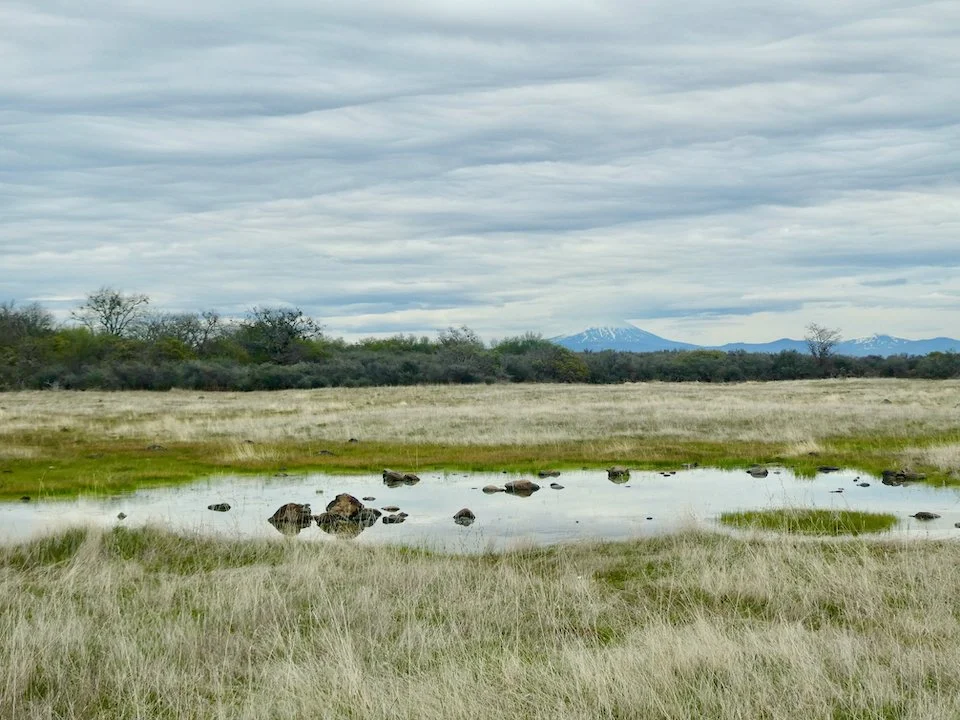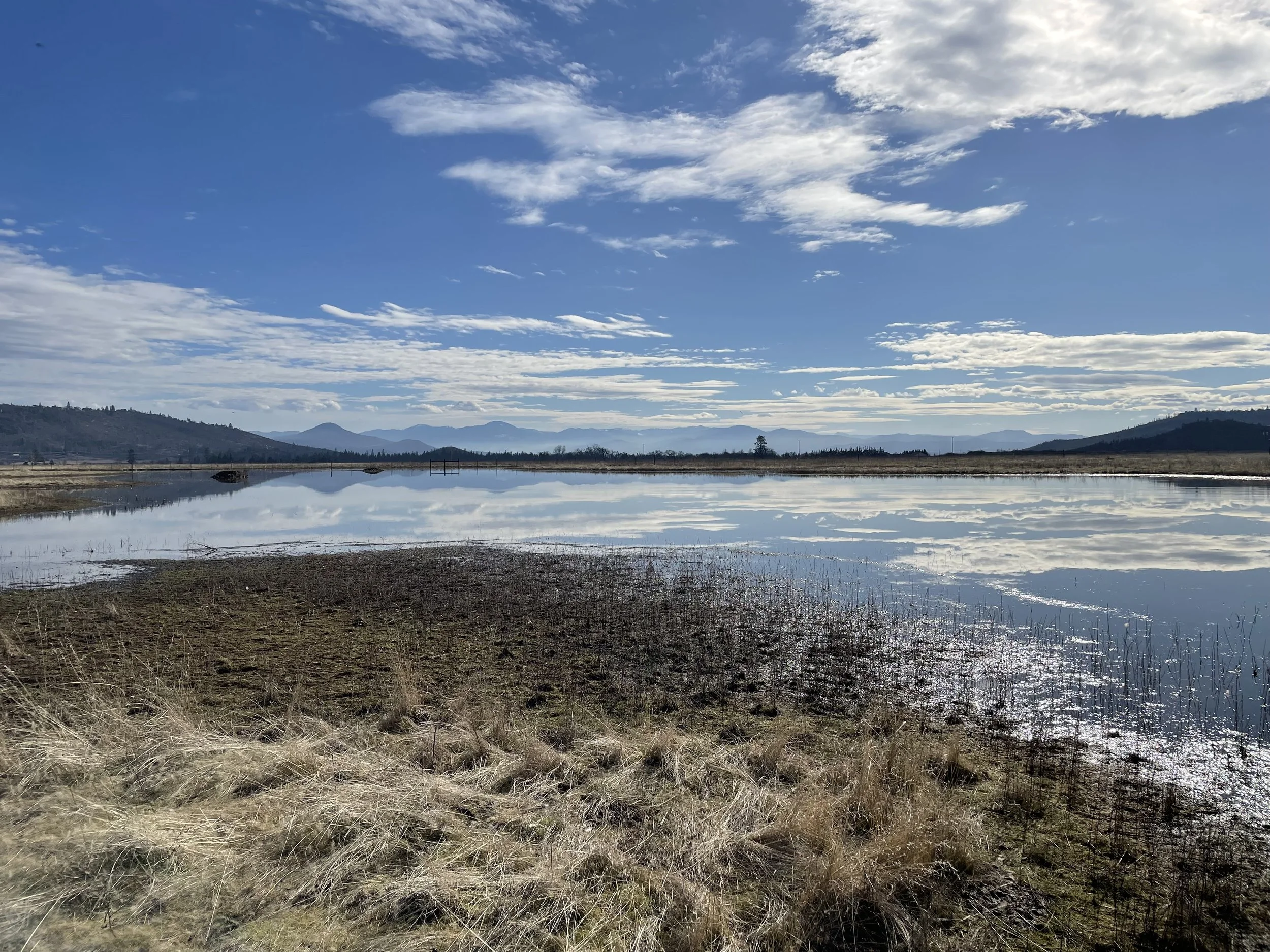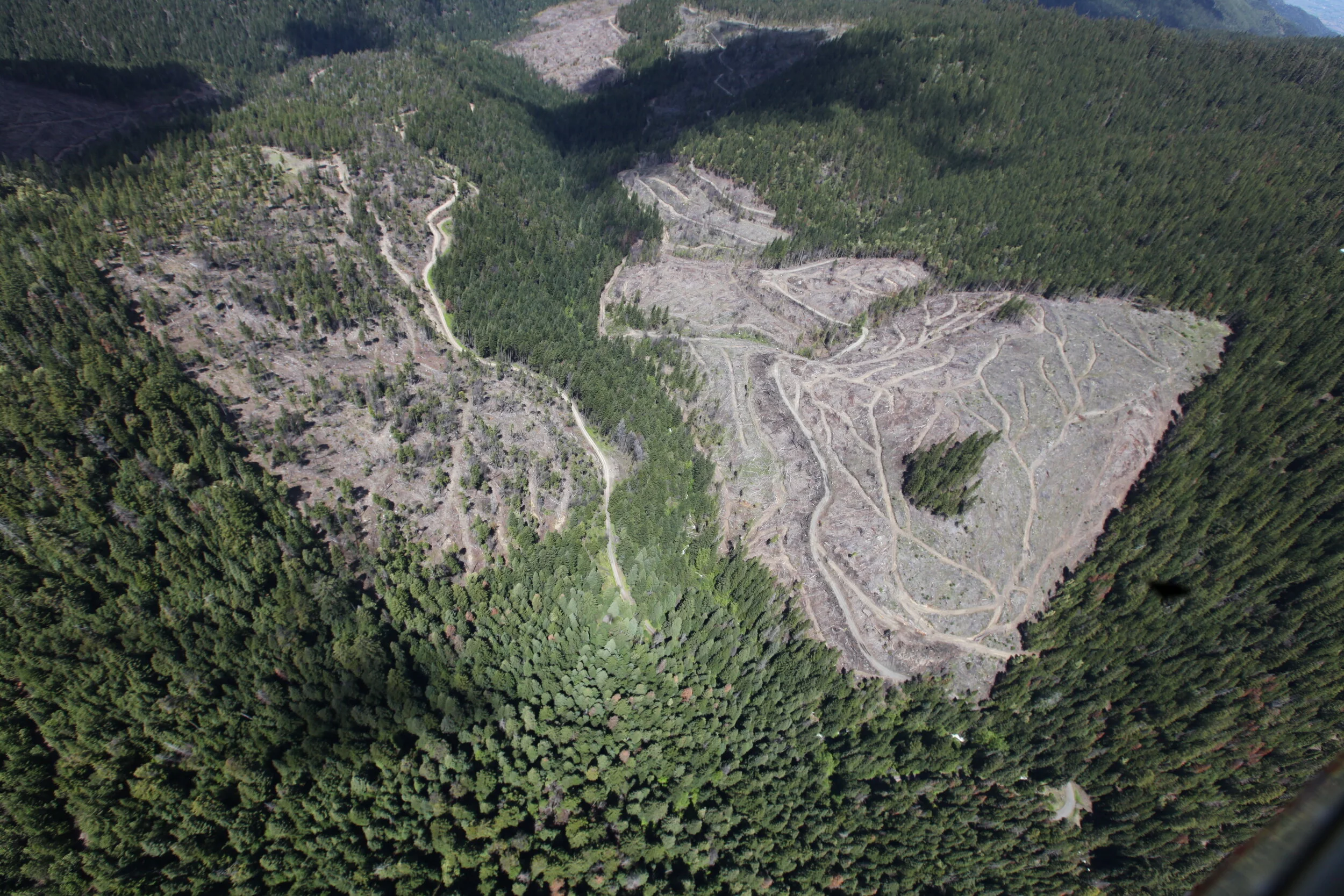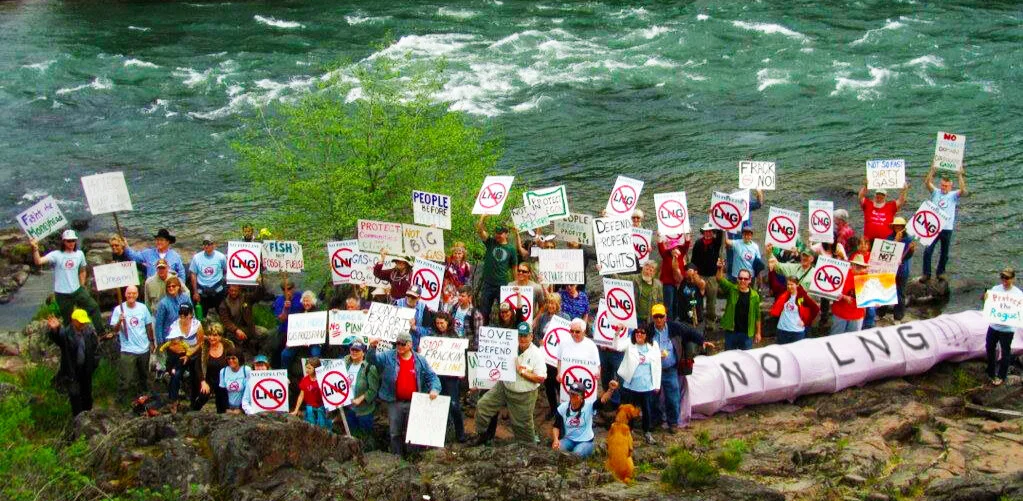Learn about what makes a “good” vs a “bad” riparian area, and understand Rogue Riverkeeper’s role in riparian area management and advocacy.
Read MoreCelebrate World Wetlands Day by learning about the critical role that wetlands play here in the Rogue River watershed!
Read MoreIn the heart of southern Oregon near the Bear Creek Greenway, a much-needed victory has taken place. Learn more about Blue Heron Creek here.
Read MoreLast week the House Democrats introduced the Clean Water Act of 2023 and we find ourselves at a crucial crossroads for our rivers and water bodies nationwide. Learn more about the CWA of 2023 and what its updates could mean in this blog.
Read MoreYour help is needed. On Tuesday, August 29, 2023, the Environmental Protection Agency (EPA) released its final Waters of the United States (WOTUS) rule in light of the Supreme Court’s decision in the Sackett v. EPA case that notably shrinks the waters previously sheltered under the WOTUS framework.
Read MoreLast month, Oregon wrapped up its legislative session, and there are updates to a number of bills Rogue Riverkeeper has been tracking. Here are the final updates on several pieces of legislation we think you should know about.
Read MoreThe US Environmental Protection Agency (EPA), announced its revisions to the Clean Water Act (CWA) on December 30th 2022. These changes go into effect March 20, 2023. See our blog for more information about Waters of the United States, or WOTUS.
Read MoreThe US Environmental Protection Agency (EPA), announced its revisions to the Clean Water Act (CWA) on December 30th 2022. These changes go into effect March 20, 2023. See our blog for more information about Waters of the United States, or WOTUS.
Read MoreThis year, we celebrate #ACT50 as a collective call to unite in the fight for clean water. Working together, we can ensure that water is drinkable, fishable, and swimmable by enforcing laws, holding polluters accountable, and empowering citizens.
Read MoreWith the era of climate change already bringing more drought, wildfire, and stress to Oregon’s forests, we ask that the Department and Board build on the success of the Accord. Please ask State leadership to continue updating protections for forested watersheds as we learn more about what is needed to ensure clean, cold water for fish and wildlife. Also, ask them to protect water for communities, an issue that was not addressed in the Accord.
Read MoreRogue Riverkeeper is working diligently to protect the Rogue River’s integrity by pushing for the denial of RogueJet’s recertification to dredge over 1,000 cubic yards of sand, sediment, and gravel from 42 different locations within the Rogue River, but we need your help.
Read MoreFollowing the initial spill event as a result of the fire at Pacific Pride gas station on April 12th, 2022, the Oregon Department of Environmental Quality (DEQ) Incident Response Team has diligently provided Rogue Riverkeeper with updates from their surface water quality testing in the aftermath and clean-up of the spill. But how did this happen in the first place, and how can we prevent catastrophic events like this in the future?
Read MoreOn Tuesday, April 12th, a fire at the Pacific Pride gas station in south Medford led to nearly 13,000 gallons of oil, diesel, gasoline, and kerosene spilling into the stormwater system, surrounding soil, and Bear Creek. Rogue Riverkeeper is tracking this incident closely and staying in direct communication with Department of Environmental Quality (DEQ) representatives. Read more about the clean up and recovery efforts underway.
Read MoreIn this challenging year, thank you for supporting our work to protect the Rogue! Take a tour of work done in 2020.
Read MoreOn the 48th anniversary of the Clean Water Act, we’re reflecting back on the impact of this fundamental environmental and public health law. On October 18th, 1972, Congress enacted the Clean Water Act. Since then, we’ve come a long way from rivers catching on fire, raw sewage discharged directly into rivers, and the unbridled destruction of wetlands and streams. In a changing climate, with less consistent rainfall, less stable snowpack, and increased drought, the presence of cold, clean water becomes even more critical for communities in our region. Now more than ever, it’s critical to consider the future of these fundamental protections.
Read MoreOn June 26th, the Oregon legislature passed bipartisan legislation that adopts common sense reforms for current practices on private industrial timber lands in Oregon. This vote is the result of decades of hard work by community members, organizers, and scientists calling for change. It is also just the first step in what will be a long process over the next two years to secure lasting protections for healthy forests and clean drinking water for all Oregonians.
Read MoreOn June 1st, the Trump Environmental Protection Agency (EPA) finalized a new regulation gutting the Clean Water Act to fast track harmful fossil fuel projects, such as the Jordan Cove LNG project proposed in southern Oregon. This new regulation was finalized in the midst of the coronavirus pandemic and widespread protests against police brutality and systemic racism.
Read MoreOn May 27th, we joined with Rogue Climate and eleven other community and environmental organizations to challenge the Federal Energy Regulatory Commission’s (FERC) conditional approval of the Jordan Cove LNG project. Last week, a group of impacted landowners along the pipeline route filed their own challenge to the project.
With two denials from the state of Oregon, Jordan Cove LNG should never have made it this far. Today, we’re challenging FERC’s conditional approval of this harmful project that has already shown it can’t meet state standards that protect clean water and the health of our communities.
Read MoreWhile our communities continue to stay home to save lives during the global coronavirus pandemic, efforts from Pembina (the Canadian corporation behind the project) to move the Jordan Cove LNG project forward haven’t slowed down. Here’s a review of what’s happened since January 2020 and how you can make a difference in stopping the Jordan Cove LNG project once and for all!
Read MoreCurrently, streams in southern Oregon are left with a less protective stream buffer standard under the Oregon Forest Practices Act that allows logging closer to streams that support salmon and steelhead than in the rest of western Oregon. Cutting trees near streams means less shade and warmer, dirtier water, which can harm salmon and put clean water at risk. The Oregon Board of Forestry needs to update its rules to require the more protective stream buffer standard for the Siskiyou region that applies to the rest of western Oregon. The Board will decide whether or not they need to change these rules in July.
Read More